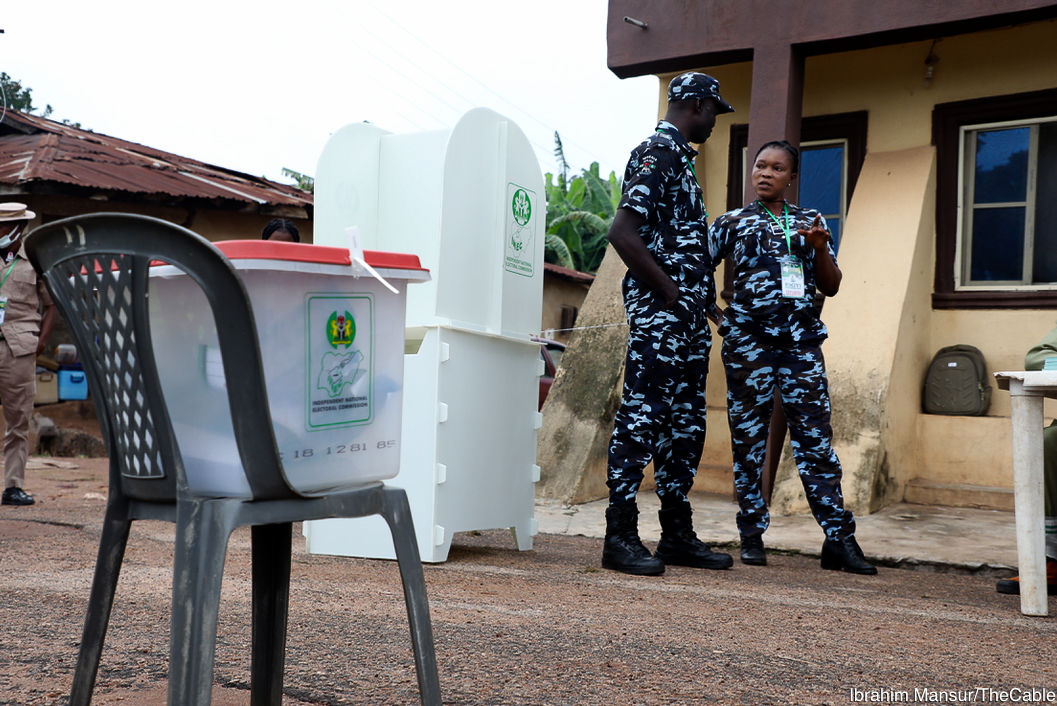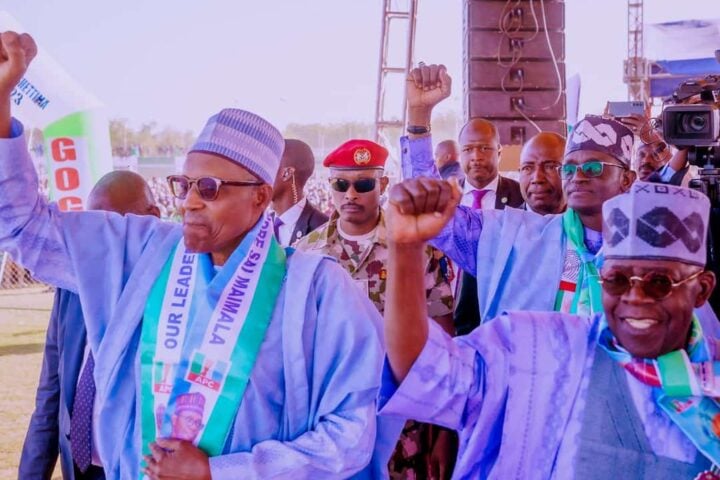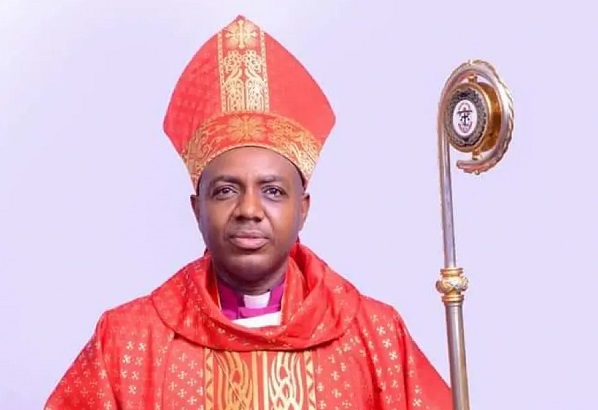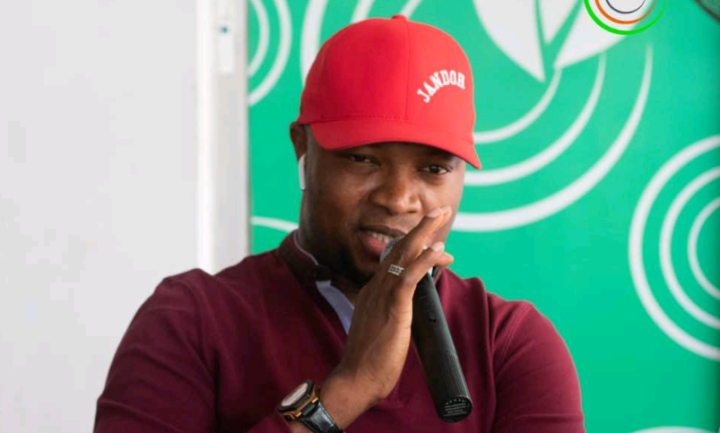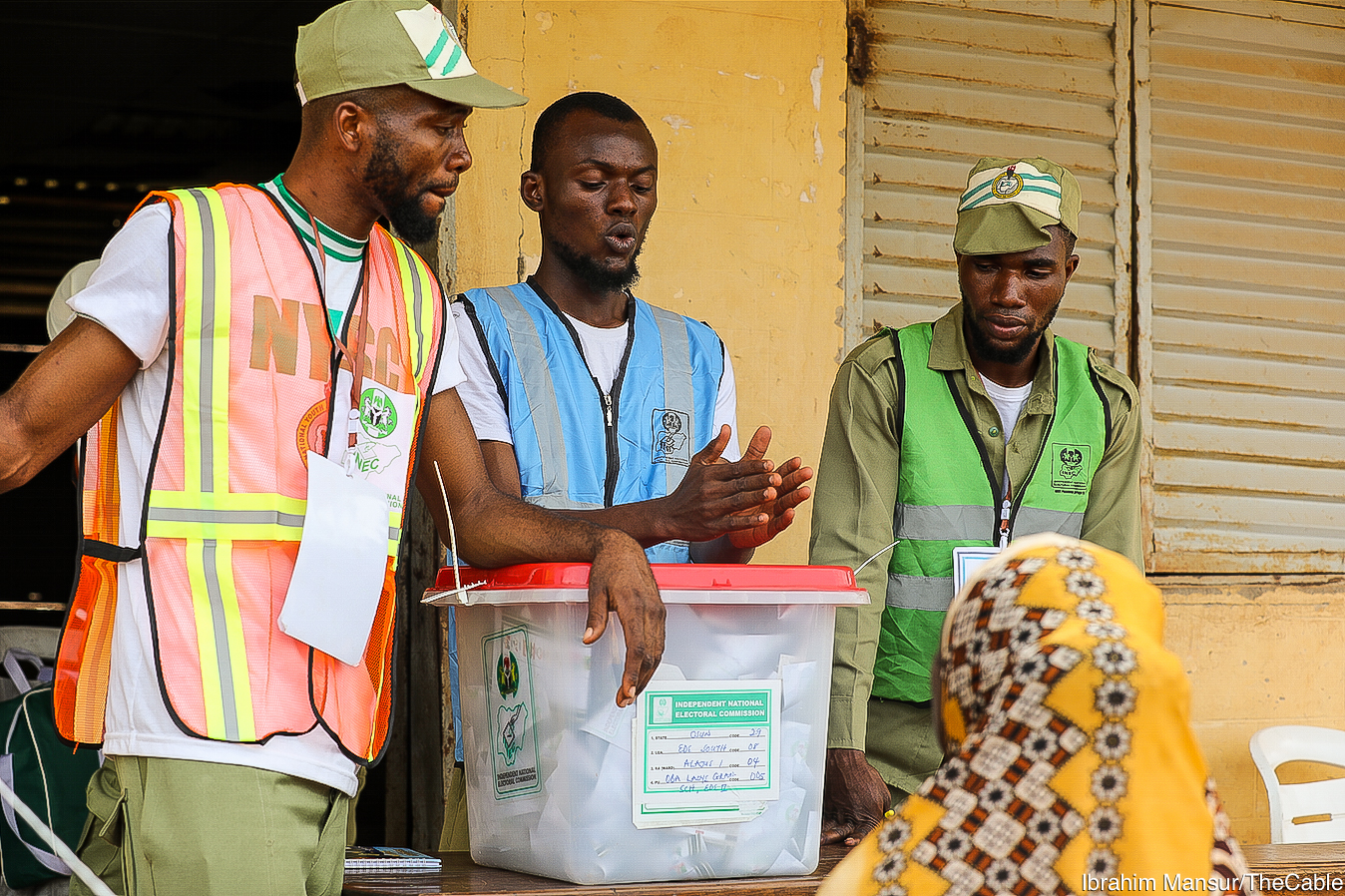BY WEALTH DICKSON OMINABO
The 2023 general election holds an important place in the fate of our nation. The elections are coming at a time Nigeria is confronted with existential and developmental crises ranging from insecurity, fuel queues, poverty, unemployment, and general despair. The next elections are coming at a time when citizens are united in grief, want, and clamour for hope, justice and peace. These challenges underscore the importance of the election to our nation’s fate and collective destiny because the next leaders will be faced with the enormous responsibility of solving the many puzzles in our country.
From the lived reality of citizens across the country, the campaign should have been an opportunity for politicians and candidates to effectively engage the electorates in plainness of speech – explaining their policies and programmes. It should be a moment of sober reflection on the recent losses and gains the country has recorded and use these issues to give hope and assure citizens of the latent possibilities that exist in Nigeria if they are to be elected. But this has not been the case.
The campaign has been a period of anomie—a moment of destruction, violence, and hate. There is little to inspire hope from the ongoing campaigns beyond the theatrics and melodrama displayed by some candidates and their supporters at rallies and other public engagements.
Advertisement
Nigeria’s two major political parties, the All Progressive Congress (APC) and the Peoples Democratic Party (PDP), have obsessively been engaged with accusations, claims, and counterclaims on why the opposing presidential candidates shouldn’t be on the ballot in the next election. Both parties justify their claims with a dossier of the candidates’ alleged criminal records. Both parties call for the arrest and prosecution of each other’s candidate.
The campaign has been an era of weaponisation of facts, lies, and hate. Interesting as this tactic may seem in the spheres of theatrics, and sophistry, it adds little or no value to the polity and our democracy. Resorting to these atavistic tactics in campaigns erodes the liberal values of democracy. The challenges of fake news, weaponisation of hate and lies, voter suppression, and vote buying are perils that undermine our democracy and constitute a threat to a just and peaceful election.
Recently, a BBC investigation revealed how political parties in Nigeria are secretly paying social media influencers to spread disinformation about their opponents ahead of the general elections. The report indicated that some influencers are paid up to 20m naira ($45,000; £37,000) to spread fake news. Incentives like this are responsible for weaponising fake news and hate in the polity. The Nigeria social media space has been full of toxicity, where supporters of different political parties engage in hate and social media war. This animosity often extends beyond social media, sometimes resorting to attacks on opposing political parties. Fake news and disinformation undermine trust and freedom of choice, which are vital elements of democracy.
Advertisement
Also worrisome is the challenge of monetisation of our democracy – elections have become transactional, where politicians buy votes and buy their way into power. During the last party primaries, we saw the conquering might of money, as most aspirants engaged delegates in vote buying. Vote buying undermines democracy and weakens the potency of the ballot as moneybags will find themselves in power, undermining the collective interest of the people- as their major priority in power will be to recover their money and make money for themselves and their shareholders who invested in their ambition. This trend of money politics will greatly impede the nation’s development prospects.
Another worrisome trend witnessed recently is the buying of permanent voters cards (PVCs) by politicians. Recently, a newspaper reported how some politicians were buying PVCs of some electorates in the strongholds of their opponents in the northern part of the country. According to the report, PVCs are purchased between five hundred and two thousand naira.
These actions expose the level of poverty in our society and the lack of voter education in the political system. It also reveals the desperate nature of Nigerian politicians and the extent they can go to seek power. It shows the degree that Nigerian politicians are weaponizing citizens with poverty.
These challenges point to the fact that Nigeria’s democracy is at stake and that the nation may be up to recruiting leaders who will hardly commit to the liberal tenets of democracy and govern with an authoritarian style. From the ongoing campaigns, we can decipher the temperament of the leaders we seek to elect. This is why electorates must be careful not to elect leaders who disregard public opinion, disrespect the rule of law, are desirous of state capture, normalise political violence and justify hate and all shades of wrongs in the name of politics.
Advertisement
This year’s election calls us to bear witness to our conscience and use our PVCs to answer the salient questions regarding our peace, unity, development, and progress. The double duties of every citizen during this election are: to serve as a watchman/watchwoman to our democracy by protecting our nation’s democracy from the reach of tyrannical politicians.
Citizens must act as agents of peace and unity by denouncing violence and calling out purveyors of fake news, hate speech, and all leaders who abuse their trust. We must do more to save our democracy now before we regress to a failed democracy; the signs are before us. We must act now. Now, we must act to resist the reality of collapsed democracy and a failed state.
Ominabo is the communications officer for the Goodluck Jonathan Foundation
Advertisement
Views expressed by contributors are strictly personal and not of TheCable.
Add a comment
